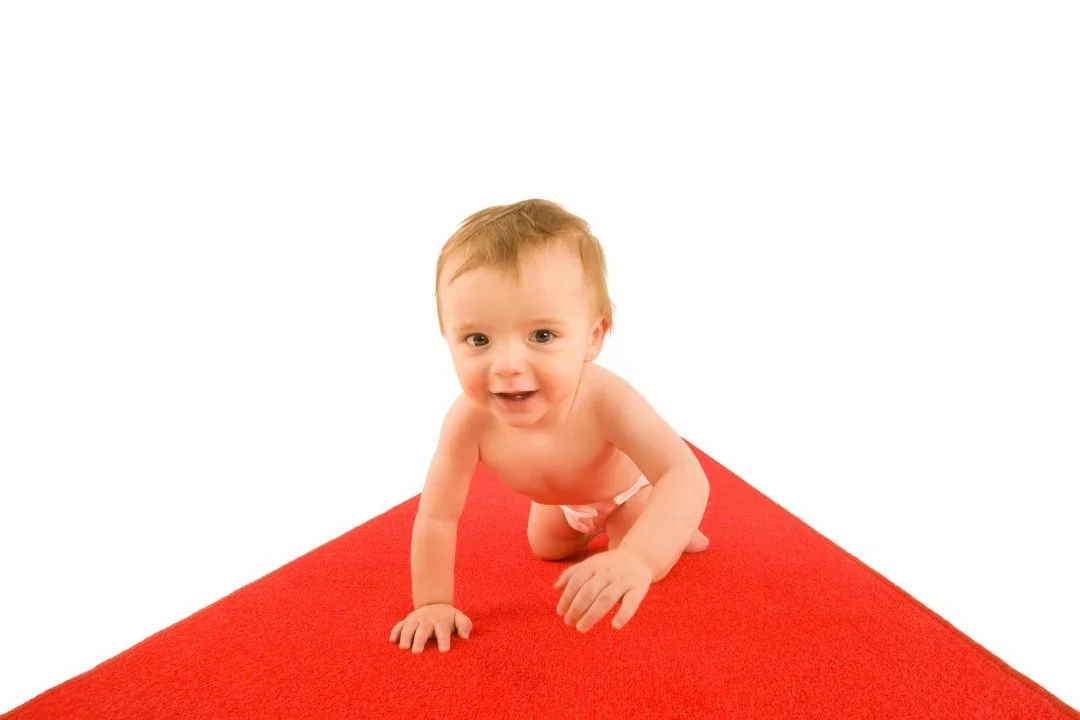The Misleading Myth of Sleep Regressions
Sleep Training businesses love the idea of Sleep Regressions: this linear view of infant sleep development equals opportunities to sell more books, book more overnight stays at sleep school or charge big bucks for consultancy services.
It is an industry feeding off the fears of parents whose babies appear to have “failed” previous training and regressed back into bad habits. Infant sleep is viewed as a goal and achievement by parents and society.
It is an industry feeding off the fears of parents whose babies appear to have “failed” previous training and regressed back into bad habits. Infant sleep is viewed as a goal and achievement by parents and society.
Progression, not regression - they are moving forward Development throughout the first year of life is the most complex process. From the immature foetus ejected prematurely from the womb, barely able to raise their head, to a bipedal toddler capable of communicating with language takes massive networking of the central nervous system. There are many reasons why this alone disturbs sleep. Add the steady eruption of 16 teeth in the first two years, and the fact they are unable to address environmental and physical disturbance of sleep, it makes entire sense that waking in the night and needing physical touch to resume sleep are both normal.
But the behaviourists would have you believe your baby should be sleeping long hours at night and be able to self-settle if they do wake. Good babies don't wake their parents. Bad babies manipulate their parents by waking (intentionally? I can't do that, can you?) and seek attention for no reason.
There is no supporting evidence for this at all. The infant brain is simply not developed enough to make such conscious choices: it cannot control the bowels, let alone the parents!
Following the Roadmap
We are born with a planned pathway of development. Healthy, full term infants will follow the plan, with only minor variations beyond parental control: genes often see family patterns of crawling early, teething later or achieving milestones in a different order. However, they mostly check off every item on the list at fairly predictable ages. And these usually correlate with so-called sleep regressions. Which really shouldn't come as any surprise but is often a light bulb moment for parents.
Generally, things look a lot like this
4 months: rolling, crawling, teething
6 months: crawling, sitting, teething
9 months: crawling, sitting, standing, teething
12 months: standing, cruising, walking, teething
15 months: walking, talking, climbing, teething
18 months: talking, climbing , teething
21 months: talking, climbing, running , teething
24 months: talking, running, teething
Reality Check
Parents are encouraged to start sleep training after the first three months, as this is when babies begin to develop their circadian rhythm. However, starting sleep training at four months is probably the worst possible time as it is an age of significant developmental impact on sleep. Having a circadian rhythm (and remember, the full development of that takes months to mature) only means your brain associates nighttime with sleep and daytime with waking. It does not empower anyone to fall asleep initially or return to sleep after being woken.
Parental support to fall asleep and fall back to sleep is normal in human infants
The second six months is commonly a time of great stress on families. Australian parents receive 20 weeks paid parental leave (increasing from 18 weeks on July 1st 2023). Returning to paid work just when your baby’s night waking is going to increase is not great timing. So pressure to sleep train increases. The conflict between a baby needing more parental support during the night and parents wanting to reduce or eliminate active parenting from dusk to dawn is a recipe for stress. Overtired working parents and those caring for additional children can come to resent their baby waking and are more vulnerable to marketing by baby trainers promising better sleep. Because night waking is presented as a sleep problem in the baby, the focus becomes fix the problem, rather than reducing the overall parental load.







